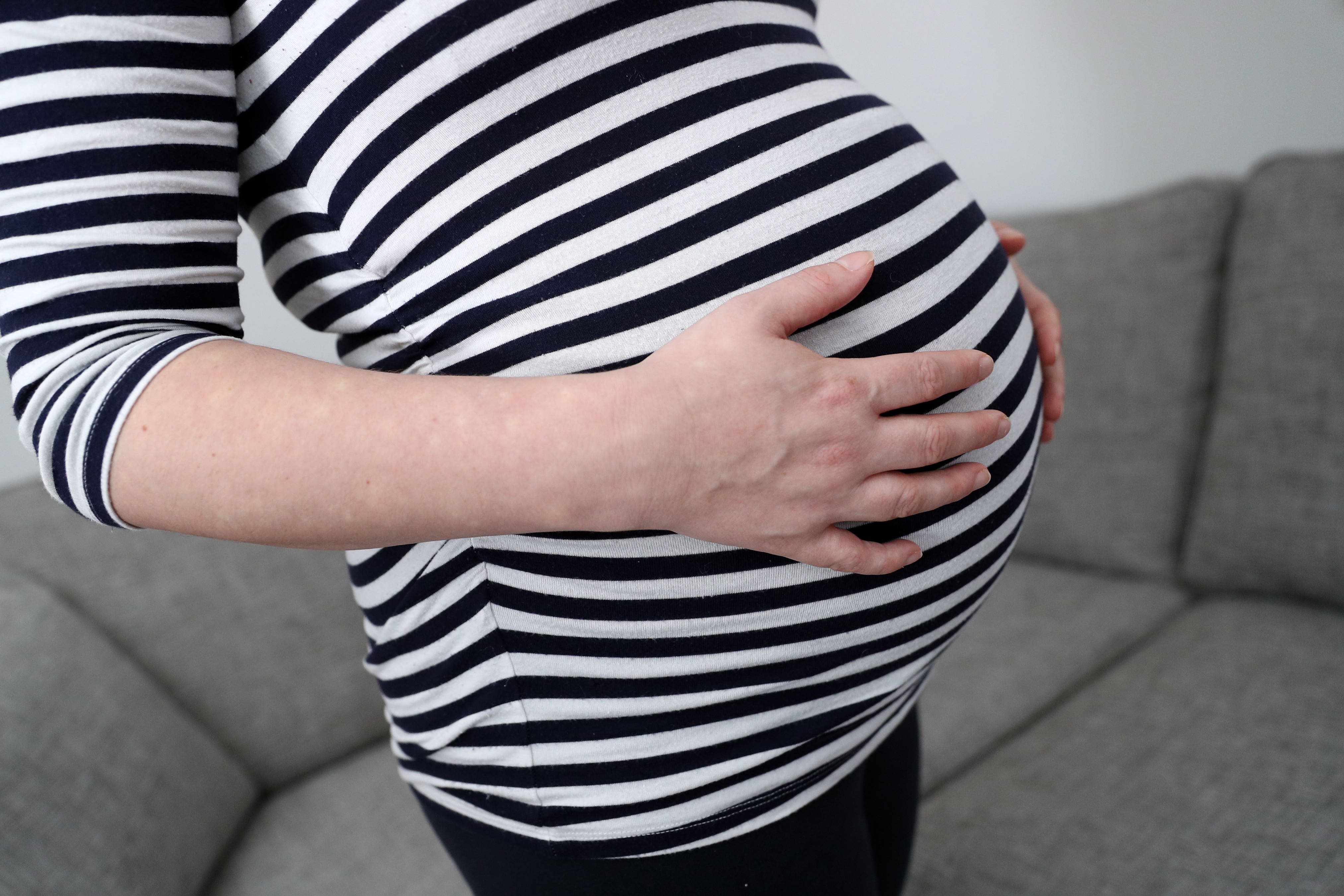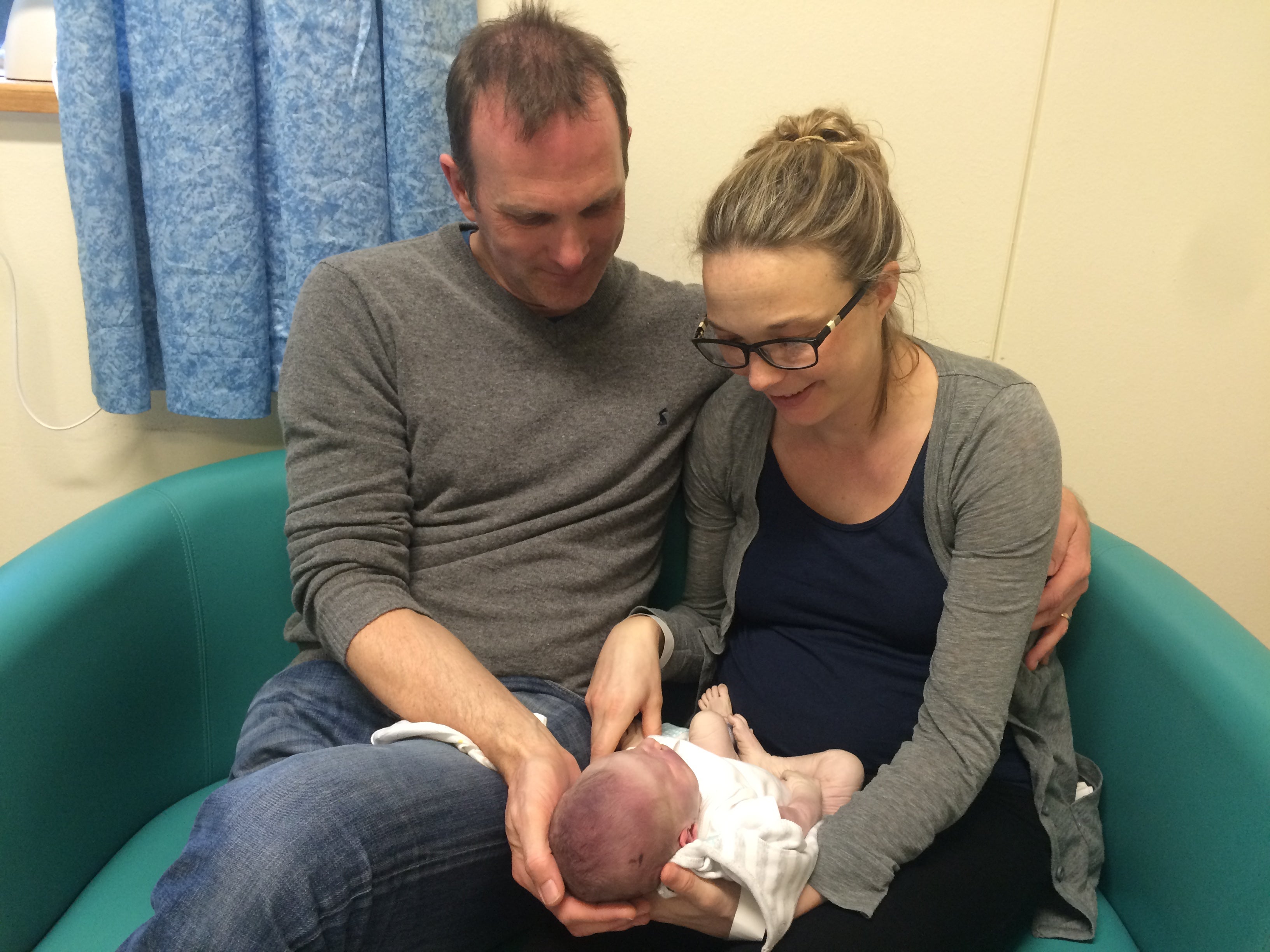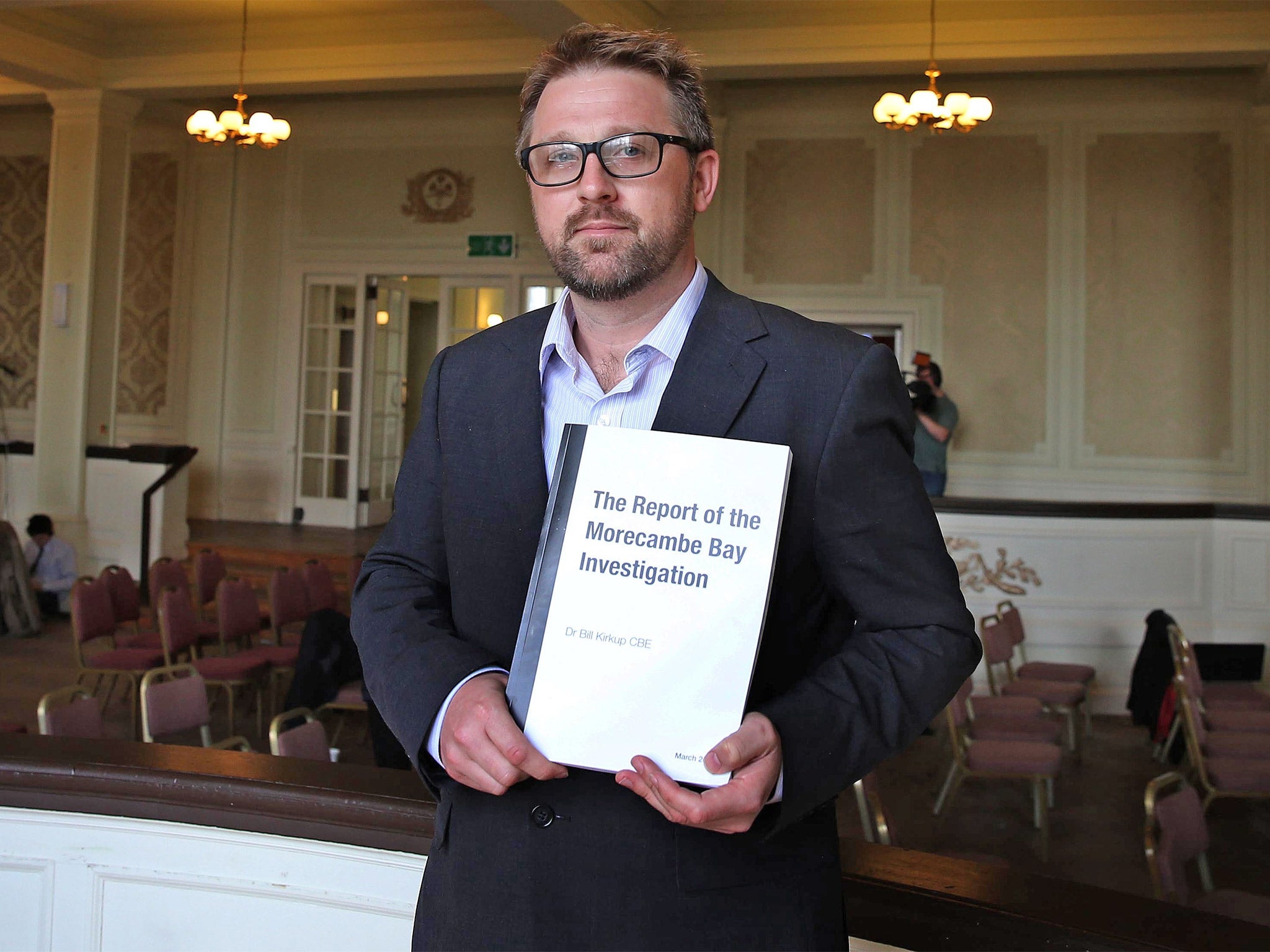Bereaved families call for national inquiry into England’s maternity services
‘Far too much avoidable harm continues to devastate lives,’ families harmed by NHS services tell government

Your support helps us to tell the story
From reproductive rights to climate change to Big Tech, The Independent is on the ground when the story is developing. Whether it's investigating the financials of Elon Musk's pro-Trump PAC or producing our latest documentary, 'The A Word', which shines a light on the American women fighting for reproductive rights, we know how important it is to parse out the facts from the messaging.
At such a critical moment in US history, we need reporters on the ground. Your donation allows us to keep sending journalists to speak to both sides of the story.
The Independent is trusted by Americans across the entire political spectrum. And unlike many other quality news outlets, we choose not to lock Americans out of our reporting and analysis with paywalls. We believe quality journalism should be available to everyone, paid for by those who can afford it.
Your support makes all the difference.Families whose babies have died or been harmed at the hands of the NHS have come together to call for a full statutory inquiry into England’s maternity services.
The Maternity Safety Alliance, made up of bereaved families, has written to health secretary Steve Barclay asking for an England-wide investigation in the wake of repeated maternity scandals.
The calls come as an inquiry into maternity services in Nottingham is underway after an expose by The Independent in 2019. It is set to become the largest maternity scandal inquiry in history with the cases of 2,000 families expected to be reviewed by Donna Ockenden, who also led the major inquiry into Shrewsbury and Telford services.
Last week the NHS’s safety watchdog the Care Quality Commission warned NHS maternity services were getting worse, with two-thirds of units in England now deemed unsafe.
Reports into failings at Morecambe Bay, Shrewsbury and Telford, and East Kent have painted a damning picture of poor care and concerns over the culture on NHS maternity wards.
Parents in Leicester have also recently called for an independent review of its maternity units following the deaths of their babies.
Now, the Maternity Safety Alliance has written to Mr Barclay setting out the case for a national inquiry.
It is signed by parents, including Emily Barley, whose daughter Beatrice died in 2022 at the Barnsley Hospital after staff mistakenly monitored her heart rate instead of the baby’s.
The letter is also signed by Jack and Sarah Hawkins, who were instrumental in bringing failings at Nottingham University Hospitals NHS Trust to light following the death of their daughter, Harriet; and national patient safety campaigner James Titcombe, whose son Joshua died at Morecambe Bay.
The letter said: “We are writing to you to demand a full statutory public inquiry into maternity safety in England.
“Our babies are too precious to keep on ignoring the reality that, despite a raft of national initiatives and policies implemented in the wake of investigations and reports, systemic issues continue to adversely impact on the care of women and babies.
“Far too much avoidable harm continues to devastate lives in circumstances that could and should be avoided. Fundamental reform is needed.
“Over and over again we hear that ‘lessons will be learned’ – and yet those same failings continue. And they don’t just continue in isolated corners of the NHS, they are present to some degree in almost every NHS trust in England, with the most serious kind of avoidable harm occurring everywhere.”
The families argue that only a judge-led, full statutory public inquiry can command the confidence of families and others involved, and come to independent conclusions “free of party politics”.

Ms Barley told the PA news agency: “We think the investigations and local level inquiries that have taken place are great and really useful…
“The problem for us is that the failings in maternity are much broader than these local units. They’re not isolated problems, it’s a system wide problem.
“We think we need a whole system analysis to really understand what’s going on and how it can be fixed.
“And we want that to include not just what’s happening in hospitals, but what’s happening around it as well, so at the regulators, in terms of governance, the way we learn from incidents – we think all of it needs to be looked at.
“The local investigations have been good but they haven’t fixed the problem…We’re seeing investigations years apart that are finding pretty much the same thing.”
She said the culture within the NHS was one of the biggest issues, including the focus in NHS trusts on “reputation management”.
She added there was “a kind of cultural acceptance of failure, an inevitability, even when it’s avoidable.”

Mr Titcombe said: “Not a week goes by without a tragic story being reported in the news – each time with the same promise that ‘lessons will be learned’, yet the stories I hear from so many families today often have similar features as our experience in losing Joshua 15 years ago.”
He said there must now be an acceptance that the problems are “not limited to isolated ‘unit level’ issues but rather reflect systemic problems that exist across the maternity system as a whole”.
He added: “Once we accept this as a starting point, it’s clear that future inquiries at an individual service level will only ever get us so far – no matter how many we have.”
Mr Titcombe said a national inquiry could look at the whole system, examine the impact of previous inquiry recommendations and look at international examples of safer maternity systems “and what we could learn from them”.
An England-wide review could also help identify and better understand the barriers to progress and “how they might be overcome”.
The Department of Health and Social Care has been contacted for comment.
Join our commenting forum
Join thought-provoking conversations, follow other Independent readers and see their replies
Comments